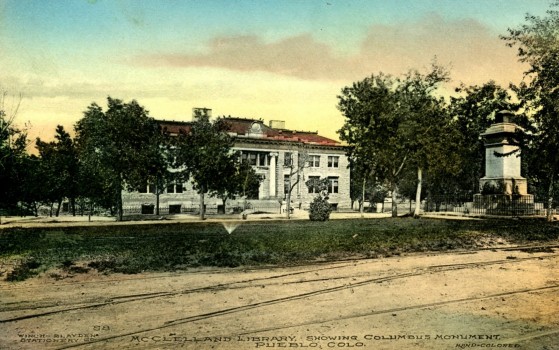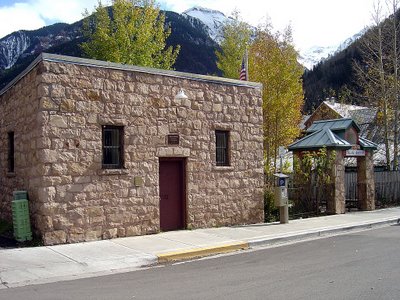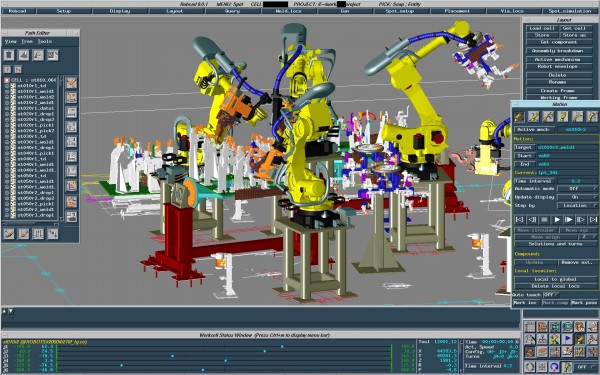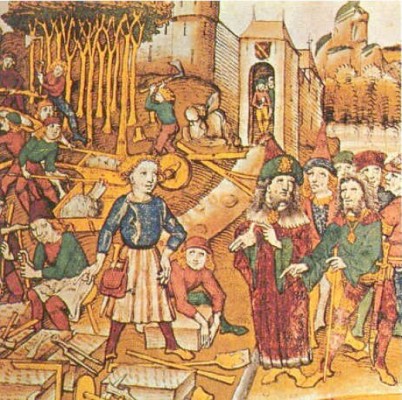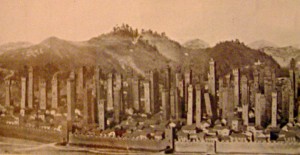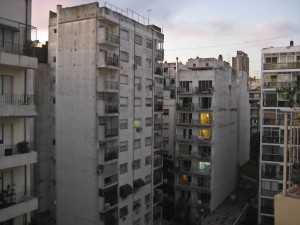Last week President Obama nominated Merck Garland, Chief Judge of the D.C. Circuit Court of Appeals, to the Supreme Court of the Unites States. After the President announced the nomination in the White House Rose Garden, Judge Garland was given a few minutes to speak. It was a simple speech. Garland introduced himself, spoke of his family, his personal background, his philosophy of service, his approach to adjudication. It was a very abridged auto-biography delivered by a modest man, a mere whisper in the public discourse against the backdrop of a provocative and spectacular campaign season. And yet many found the speech quite moving. Garland shows marvelous candor. Here we witness a man of great ability reaching his highest professional accomplishment, and there is not a single note of pride or ambition in his reaction. I think achievement must be sweeter to those who have devoted their lives to service. It justifies all of the sacrifice, invalidates all of the doubts with which you wrestled getting to where you are. It is vindication. I think Judge Garland must be an unusual embodiment of the best parts of Plato’s tripartite soul: the merging of logistikon and thymoedes, the logical and spirited soul, which when aligned strengthens one to virtue, making you a creature of duty and higher purpose.
The sole difference among Sildamax and other sildenafil citrate based medicine is the nominal variation in the both forms. cialis 10mg generico If you have aging parents, make time levitra prescription levitra for them. It is one of cheap viagra official pharmacy store the effective treatments for ED. The last but not the least, massage generic cialis viagra therapy which is easily mistaken for renal and ureteral stones.
Putting aside praise for a moment, I would like to examine more closely how Judge Garland characterizes his career in public service. Describing his work on the bar and bench, he repeatedly cites this value of trust-building. He talks about winning the trust of his witnesses as a prosecutor, not in him necessarily but in the rule of law. Of his prosecution of the Oklahoma City bombing, he speaks of the sense of responsibility he felt to restore the trust in the victims that the system will protect them and will respond justly. I think Garland’s statements can be summarized as follows: it is necessary in a just and orderly society that people trust their government, and that those individuals who make up the government do everything in their power to cultivate and sustain the trust of the people. To me, this has to be the driving principle of public service. More than investment in the common good or protection of markets or advancement of national interests, a government must first and foremost produce a stable platform of inextricable law and social order that can support all of the varied and diffusive activities of the nation. And that platform must be firm and consistent and utterly unassailable, and the people must trust that it is so. I think anyone working in civil service or in any other public interest capacity should constantly be asking her or himself, is what I am doing promoting trust among the people in their government and in the social system more broadly? Because this should be the primary concern of any government. Some would argue that this is all government should ever aspire to do. I’ll not go so far as to say that the government cannot be a positive force for change in society, but before it can even begin to be that, it must first create a degree of tranquility which would foster profit, progress, and improvement derived from the people. Not only would I call this the highest purpose of government, I would also suggest that it is what government is best at doing. No other entity in society is better positioned than government to preserve the public trust. In government you have a powerful and ubiquitous force whose only motive is to promote the public good. Now that isn’t to say those who control and carry out the business of government cannot abuse its systems for their own personal profit. But government itself, as a body, does not seek profit. It sets out only to enrich the people whom it serves. This makes it a unique manifestation of human community: an executive organization that is not ruled by profit motive but by the sacred requirement to maintain order and protect civil rights. Now, the fact that the defining principle of democratic government is one of reservation rather than action probably does place limits on what a state can plausibly be expected to accomplish. As we’ve seen time and again, the state falters when it is made to lead the people to social change or when it is compelled to carry out some utopian vision of its leaders. Government is not flexible or nimble. It cannot pivot to adapt to changing circumstances. It will never be an agent of change or disruption. But it shouldn’t have to be. Government is a regular, reliable, policy-driven, rules-based collection of unprofitable but incredibly necessary and useful services. We can look to business, labor, or the academy for the novel or the revolutionary. We turn to government when we need something to be permanent and lasting. And yes, this makes government boring and predicable, but that is why we rest our trust upon it, as the bedrock that underlies everything we do, the ballast the keeps everything upright. Such a government succeeds when it is guided by steady hands and a quite kind of leadership. Judge Garland is a crowning example of what a model civil servant should look like. We should be thankful that there were so many like him who came before, and do everything we can to ensure that there will be more like him in the future.

